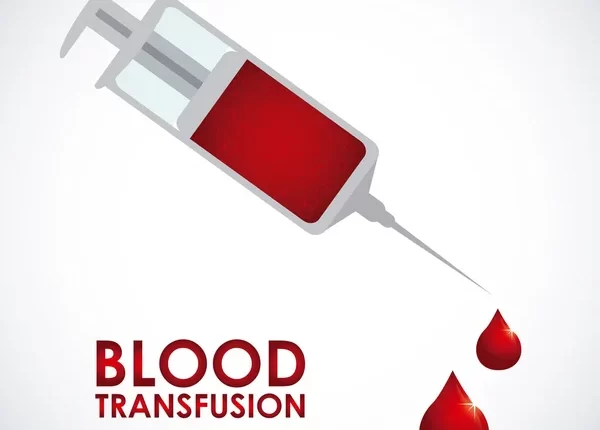According to recent studies, early whole blood transfusion is associated with improved survival in trauma patients, particularly those with significant bleeding due to traumatic injury. Severe bleeding from traumatic injuries is the leading cause of preventable death in the U.S., with most fatalities occurring within the first six hours. A study conducted by researchers from Boston University Chobanian & Avedisian School of Medicine found that if whole blood transfusion was delayed by as little as 14 minutes after arriving at the hospital, the survival benefit was significantly reduced. Whole blood transfusion may be considered as a standard for trauma patients, and there may be a similar benefit for using whole blood transfusion at the scene of injury or during transport. Other studies have also shown that whole blood transfusion is associated with better patient outcomes and simplified management compared to component therapy.
This research highlights that whole blood transfusion, compared to the usual method of separate blood components (red blood cells, plasma, and platelets), could significantly improve survival rates for these patients.
These findings urge clinicians and hospitals to consider making whole blood a standard emergency transfusion for massive bleeding situations. Additionally, exploring its use at the injury scene or during transport may offer similar advantages.
Researchers analyzed data from 1,394 patients nationwide who received massive transfusions, including whole blood, for severe traumatic bleeding. They compared the survival rates of those who received early whole blood (upon arrival) to those who received it later, focusing on 24-hour and 30-day survival.
Key takeaway: For trauma patients with severe bleeding, early administration of whole blood transfusion (within 14 minutes of hospital arrival) significantly improves their chances of survival compared to delayed transfusion or traditional component-based therapy. Each minute of delay beyond this window weakens the benefit, highlighting the critical importance of timely intervention. This study suggests that whole blood should be considered a standard emergency transfusion product for massive bleeding trauma cases, and further investigation into its use at the injury scene or during transport is warranted [1, 2].
What is the difference between whole blood transfusion and blood component transfusion?
The main difference between whole blood transfusion and blood component transfusion lies in their composition and specific uses. Whole blood contains red blood cells, white blood cells, platelets, and plasma, and is typically used in emergencies such as trauma or surgery where there is a need for all blood components. On the other hand, blood component transfusion involves the administration of specific blood components such as packed red blood cells, platelets, plasma, and cryoprecipitated AHF, which are obtained by separating whole blood into its individual components. This approach allows for the targeted treatment of particular blood deficiencies and is commonly used in various medical scenarios, including cancer treatment and managing specific blood disorders.
Whole blood transfusion may lead to complications such as volume overload, which is why component therapy is preferred whenever possible. However, whole blood transfusion is seeing a resurgence in civilian pre-hospital settings and the trauma bay, particularly for life-threatening hemorrhage where oxygen-carrying coagulation factors, platelets, and volume expansion are needed.
ALSO READ: New Drug Unleashes “Calcium Storm” to Blast Away Tumors








